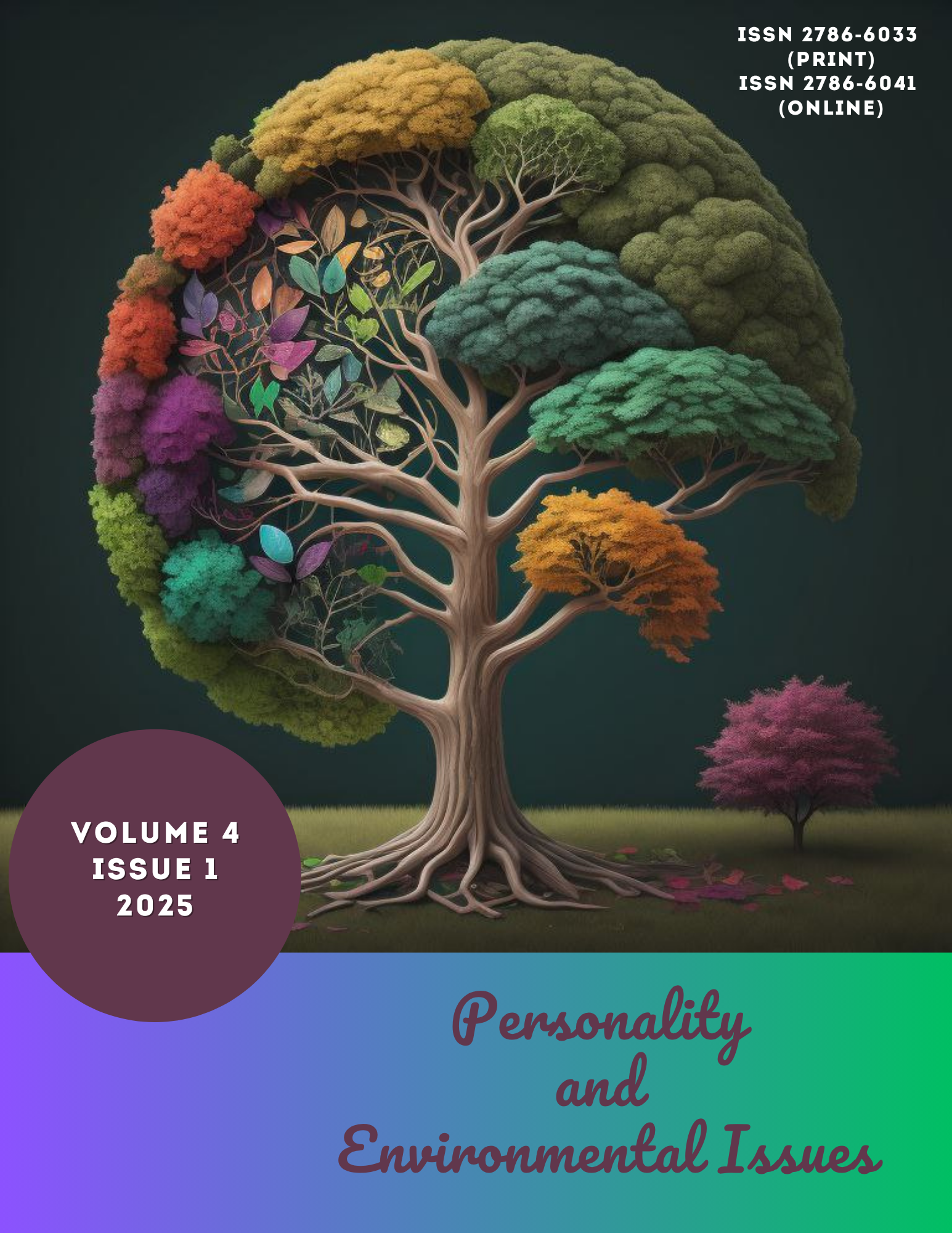Abstract
The article examines the influence of social and emotional factors on the development of personal autonomy in adolescence. Particular attention is paid to the analysis of the social environment, interpersonal relationships, the level of emotional support and the impact of these factors on the formation of autonomy, initiative and responsibility in young people. The work is aimed at studying the role of emotional maturity and social interaction in the formation of autonomy, which contributes to the adaptation of the individual to the challenges of adolescence. The results of the study can be useful for teachers, psychologists and parents in supporting the development of independence in young people.
The article examines the desire for independence in adolescence, which is a phenomenon of the stage of personality development. The author analyzes the influence of the entire environment, including family and adults, on the formation of independence through support and behavioral modeling. The author highlights the importance of an active life position and moral and value aspects in the development of independence, which contribute to the formation of responsibility and the ability to act in accordance with one's own values. Adolescence is characterized by high susceptibility to social influences and the possibility of developing positive qualities. During this period, motivation, will, emotions, and self-awareness are actively formed, allowing young people to realize their desires and determine their life path. Independence is opposed to personal helplessness, which is manifested through nervous instability, low self-esteem and passivity. Studies show that independent individuals have a higher level of resilience, which allows them to cope better with stressful situations.
The article emphasizes that social and emotional factors play a key role in the formation of autonomy in adolescence, when autonomy and initiative are actively developing.
References
Penkova, O. I. (2016). Problema samorehuliatsii osobystosti: tsinnisnyi aspect [The problem of personal self-regulation: a value aspect]. Seriia «Psykholohichni nauky». Naukovyi visnyk Khersonskoho derzhavnoho universytetu, 2(1), 114-118 [in Ukraine].
Petrenko, I. V. (2016). Osoblyvosti rehuliatyvnoi sfery u shkoliariv z riznymy navchalnymy dosiahnenniamy [Features of the regulatory sphere in schoolchildren with different academic achievements]: posibnyk. Natsionalna akademiia pedahohichnykh nauk Ukrainy, Instytut sotsialnoi ta politychnoi psykholohii. K. : Milenium, 160 [in Ukraine].
Pavliuk, M. M. (2018). Teoriia i praktyka rozvytku samostiinosti maibutnoho fakhivtsia [Theory and practice of developing independence of a future specialist]: monohrafiia. Zhytomyr: Vyd-vo ZhDU im. I. Franka, 388 [in Ukraine].
Osobystisna zrilist yak problema suchasnoi psykholohii [Personal maturity as a problem of modern psychology]: kolektyvna monohrafiia / nauk. red. Z. M. Miroshnyk. (2019). Kryvyi Rih : Vyd. R. A. Kozlov,. 1, 220 [in Ukraine].

This work is licensed under a Creative Commons Attribution 4.0 International License.
Copyright (c) 2025 Юлія Бакка





